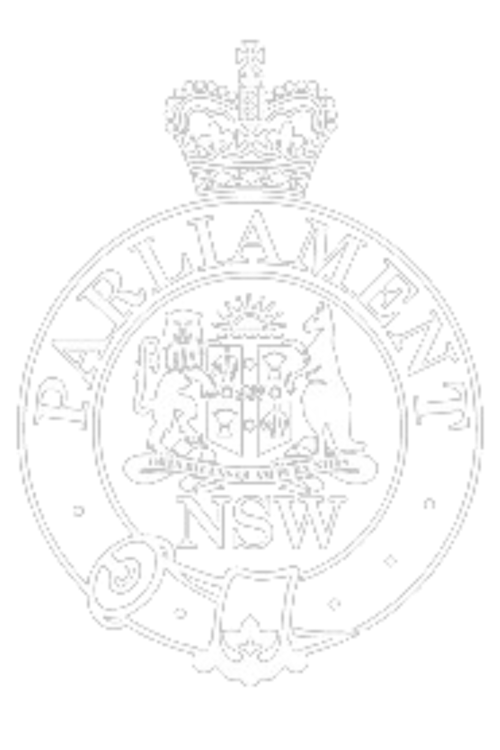Ms CHARISHMA KALIYANDA (Liverpool) (17:41): I thank the member for Fairfield for moving this public interest debate motion. As the Speaker mentioned this morning, the State has experienced significant and recurring trauma since we last sat in this place. From the tragic killing of six innocent shoppers at Bondi Junction to the shocking stabbing of a bishop in Wakeley to the tragic death of Molly Ticehurst at the hands of the man she thought loved her in Forbes, none have been through more in the past few weeks than our frontline and essential workers. That is why it is my pleasure and my duty to acknowledge their service and convey in this place the gratitude of my community.
Much has been said about the incredible bravery of the first responders in Bondi Junction. I, too, pay tribute to Inspector Amy Scott, whose bravery and professionalism likely saved many lives, as well as the many other brave first responders in that incident. In Wakeley, several frontline responders attended Christ the Good Shepherd Church in the wake of the violent assault of a prominent bishop and priest in the south-west Sydney community. The ensuing riot at the scene injured dozens of police and paramedics. What happened on the night of 15 April was unacceptable. Police and paramedics, just like any other worker, deserve to feel safe when they are on duty. I thank all of the first responders who were there that night for their continuing professionalism and for doing their duty in the face of such scenes.
Too often, tragedies like those in Bondi Junction and Wakeley have been coopted by those who seek to prod at our multicultural fabric and weaken our social cohesion. It is done without any regard for those affected by the tragedies, who are only just beginning to deal with their trauma and grief. The intervening hours between the awful tragedy in Bondi Junction and the identification of the offender saw harmful misinformation spread across the world as to the identity and motive of the perpetrator. In the immediate aftermath, several prominent verified online accounts speculated, without evidence, that the offender was motivated by the Islamic faith or by the tragedies in Gaza. At least two people were falsely named as the attacker on social media, one of which was picked up by a mainstream news outlet.
British radio presenter Julia Hartley-Brewer wasted no time in claiming that the attacker must have been an Islamic terrorist. British television presenter Rachel Riley tried to connect the horrible tragedy with those who have been calling for a ceasefire in Gaza for over six months. Hartley-Brewer and Riley have followings of almost 500,000 and 700,000 people, respectively, to which they broadcast their kneejerk reactions while our city was processing the shocking tragedy that had unfolded hours previously. A video of the stabbing in Wakeley quickly went viral. Misinformation was being filtered through WhatsApp groups and other social media platforms. Those messages included allegations that churchgoers were holding the alleged offender, that he was himself assaulted or that the clergy had severed his finger. None of those allegations were true. Other messages claimed that threats had been made against mosques in the area, including the mosque at Green Valley in the Liverpool electorate. In the days after, I spoke with the president of the mosque, who was shaken but grateful for the consideration and support of the broader community, regardless of faith or cultural background.
In the face of that, I thank the police for providing timely and up-to-date information about those two emergencies. I acknowledge that it is often not easy to fight the misinformation that proliferated in the immediate aftermath in both instances. Our essential workers are doing everything they can to ensure community calm and cohesion at a time when many try to destabilise it. I also thank those working in the mental health sector. I know from my time at headspace that this work is often confronting and difficult. In the aftermath of the past few weeks, they would be under considerable pressure. Many people across our State have been considerably affected by what they have witnessed. Many workers may experience vicarious or second‑hand trauma from providing much‑needed support. That will direct more people to mental health resources for psychological support and advice. I put on record my thanks to those working in that space.
We will never know how many lives were saved by our treasured essential workforce in the immediate aftermath, in the weeks since and in the months to come. Essential workers do it because they love and believe in our community. They are the silver lining of hope that we have been proud to acknowledge and celebrate within the broader community since. I thank them on behalf of my community in Liverpool and everyone across the State and the country who is proud that they are the face of New South Wales.


